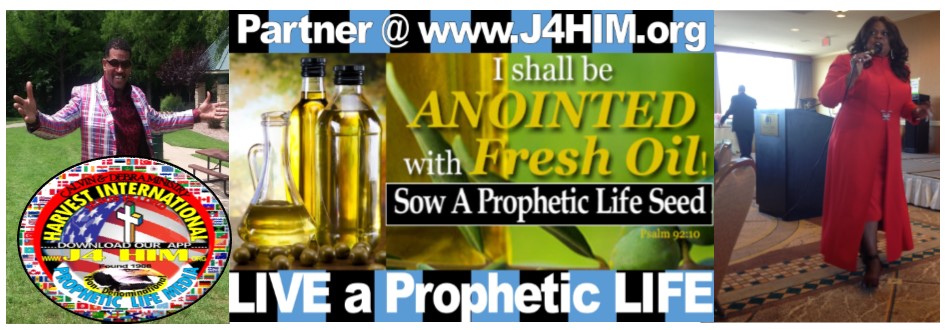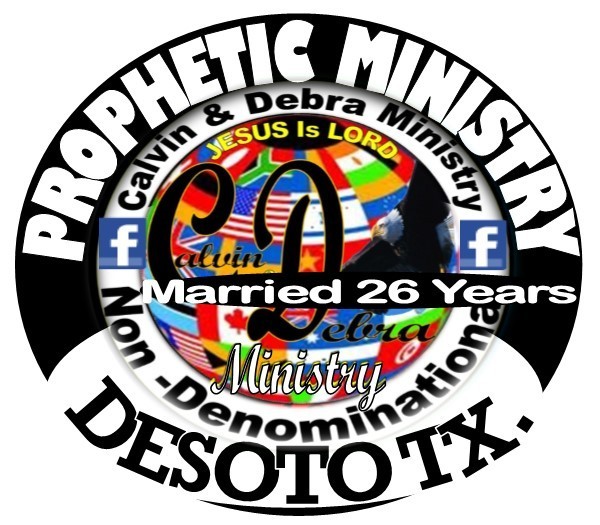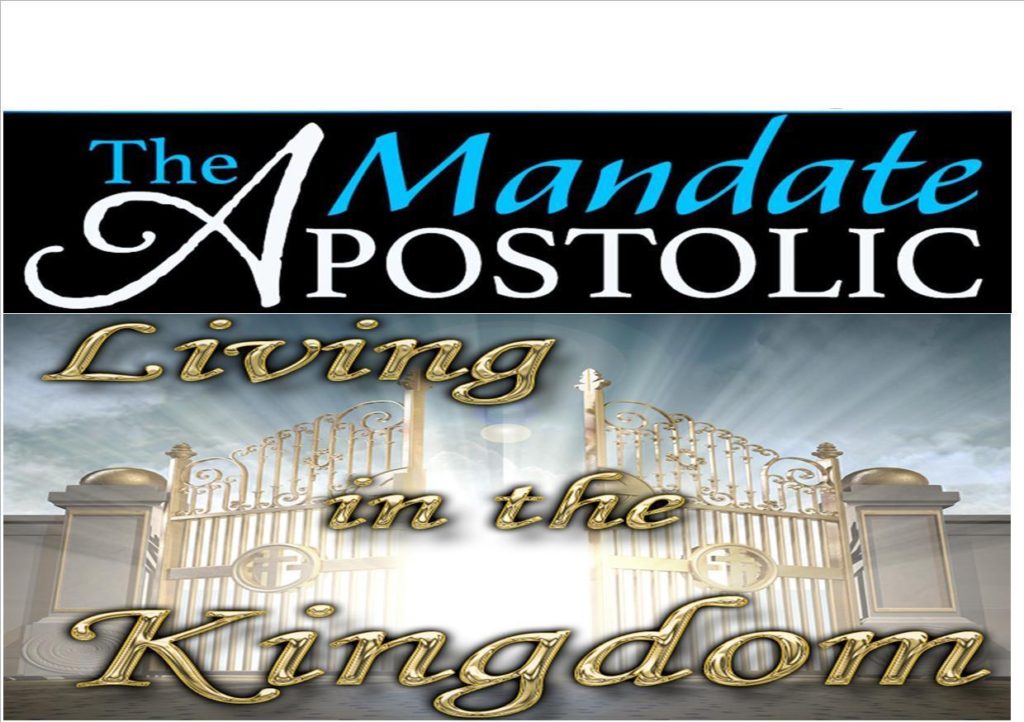 .
.-
smear or rub with oil, typically as part of a religious ceremony.“high priests were anointed with oil”
synonyms: formalhallow“he was anointed and crowned”-
smear or rub something with (any other substance).“Cuna Indians anoint the tips of their arrows with poison”
-
ceremonially confer divine or holy office upon (a priest or monarch) by smearing or rubbing with oil.“the Lord has anointed me to preach to the poor”
synonyms: formalhallow“he was anointed and crowned”
-
Question: “What is the anointing? What does it mean to be anointed?”
Answer: The origin of anointing was from a practice of shepherds. Lice and other insects would often get into the wool of sheep, and when they got near the sheep’s head, they could burrow into the sheep’s ears and kill the sheep. So, ancient shepherds poured oil on the sheep’s head. This made the wool slippery, making it impossible for insects to get near the sheep’s ears because the insects would slide off. From this, anointing became symbolic of blessing, protection, and empowerment.
The New Testament Greek words for “anoint” are chrio, which means “to smear or rub with oil” and, by implication, “to consecrate for office or religious service”; and aleipho, which means “to anoint.” In Bible times, people were anointed with oil to signify God’s blessing or call on that person’s life (Exodus 29:7; Exodus 40:9;2 Kings 9:6; Ecclesiastes 9:8; James 5:14). A person was anointed for a special purpose—to be a king, to be a prophet, to be a builder, etc. There is nothing wrong with anointing a person with oil today. We just have to make sure that the purpose of anointing is in agreement with Scripture. Anointing should not be viewed as a “magic potion.” The oil itself does not have any power. It is only God who can anoint a person for a specific purpose. If we use oil, it is only a symbol of what God is doing.
Another meaning for the word anointed is “chosen one.” The Bible says that Jesus Christ was anointed by God with the Holy Spirit to spread the Good News and free those who have been held captive by sin (Luke 4:18-19;Acts 10:38). After Christ left the earth, He gave us the gift of the Holy Spirit (John 14:16). Now all Christians are anointed, chosen for a specific purpose in furthering God’s Kingdom (1 John 2:20). “Now He who establishes us with you in Christ and has anointed us is God, who also has sealed us and given us the Spirit in our hearts as a guarantee” (2 Corinthians 1:21-22).

What does it mean to have an Apostolic Anointing Upon your Life?
It simply means that you have been called, chosen and appointed with one of the five –fold calling, given to the church for the perfecting of the Saints. Ephesians 4:11-12
HUMILITY
 of the Aposle
of the Aposle
The Apostolic is a very stern, teaching, correcting, rebuking and disciplining, type of anointing, but it’s all done in Love. Their main purpose is to bring back spiritual Order and Structure to the Body of Christ, to such a measure, as to cause the Body to Become beautiful, that when the world looks at the Church, they see an institution that is Disciplined, Ordered, Beautiful and Perfect, i.e. The Bride of Christ. This does not mean that the Apostle does not have the Love of God, but rather, because He or She is so passionate about the things of God, and so loves the Lord, and God’s People, that’s the reason they flow and operate the way they have been gifted to. Many misinterpret the anointing and gifting.
I want to thank God for present day apostles, and I thank God for calling me with that anointing upon my life, I glory not in the Title, but rather in the God that called me, that is my Lord and Savior Jesus Christ. I see myself as a Humble servant of the Lord Jesus.
I pray that the Body of Christ will one day be that Perfect Bride, without spot and wrinkle, so that when the Bridegroom (Jesus Christ) comes, He will accept his bride the Church.
Question: “What was olive oil a symbol of in the Bible?”
Answer: In the Bible olive oil is mentioned several times as the oil used for lighting lamps (Leviticus 24:2;Exodus 27:20). Olive oil was also used for anointing oil (Exodus 30:23–25) and as part of the grain offerings (Leviticus 2:1–10). Kings were anointed with olive oil as a sign that they were chosen by God to rule (1 Samuel 16:1). As an important ingredient in the recipe for anointing oil, olive oil was used to sanctify priests (Exodus 29:7) and the tabernacle and all its furnishings (Exodus 40:9). Olive oil was also used in cooking. Olive trees grew in Israel (Deuteronomy 8:7–8), and the people in that region used the oil from pressed olives as people in other cultures might have used butter or animal fats.
Olive oil was an important part of Jewish culture because of its many uses. Because of its centrality to much of Jewish life, olive oil was sometimes used as a symbol of richness, joy, and health (Jeremiah 31:12; Hebrews 1:9). Times of judgment were described as a season when “the olive oil fails” (Joel 1:10).
Olive oil can also be seen as a symbol of the Holy Spirit (or possibly of faith) in Jesus’ parable of the ten virgins(Matthew 25:1–13). The five wise virgins in the wedding party had made sure they had olive oil for their lamps as they waited for the bridegroom to come. The five foolish virgins did not think ahead and had brought no oil. As the bridegroom drew near, the five foolish virgins begged the wise ones for some of their oil. But the wise virgins could not spare any. While the foolish virgins were out buying more oil, the bridegroom came, and their chance to join the wedding celebration was gone forever.
Jesus gave the point of the parable: “Therefore keep watch, because you do not know the day or the hour” (Matthew 25:13). At the end of the age, when Jesus comes back, some will be ready for His arrival (illustrated by the wise virgins who had olive oil); others will not be ready (symbolized by the foolish virgins who had no oil). Considering the olive oil as a symbol of the Holy Spirit (or of faith), we could say that only those who have the Spirit (or faith in Christ) are truly ready for Jesus’ second coming.
Not every reference to olive oil in the Bible is symbolic, of course. But there are passages in which olive oil can be a picture of the Holy Spirit

in Holy Scripture, is either, I. Material–with oil–or II. Spiritual–with the Holy Ghost. I. MATERIAL.–
- Ordinary . Anointing the body or head with oil was a common practice with the Jews, as with other Oriental nations. ( 28:40 ; Ruth 3:3 ; Micah 6:15 ) Anointing the head with oil or ointment seems also to have been a mark of respect sometimes paid by a host to his guests. ( Luke 7:46 ) and Psal 23:5
- Official . It was a rite of inauguration into each of the three typical offices of the Jewish commonwealth. a. Prophets were occasionally anointed to their office, ( 1 Kings 19:16 ) and were called messiahs, or anointed. ( 1 Chronicles 16:22 ; Psalms 105:15 ) b. Priests, at the first institution of the Levitical priesthood, were all anointed to their offices, ( Exodus 40:15 ; Numbers 3:3 ) but afterwards anointing seems to have been specially reserved for the high priest, ( Exodus 29:29 ; Leviticus 16:32 ) so that “the priest that is anointed,” ( Leviticus 4:3 ) is generally thought to mean the high priest. c. Kings. Anointing was the principal and divinely-appointed ceremony in the inauguration of the Jewish Kings. ( 1 Samuel 9:16 ; 10:1 ; 1 Kings 1:34 1 Kings 1:39 ) The rite was sometimes performed more than once. David was thrice anointed. d. Inanimate objects also were anointed with oil, in token of their being set apart for religious service. Thus Jacob anointed a pillar at Bethel. ( ( Genesis 31:13 ; Exodus 30:26-28 )
- Ecclesiastical . Anointing with oil is prescribed by St. James to be used for the recovery of the sick. ( James 5:14 ) Analogous to this is the anointing with oil practiced by the twelve. ( Mark 6:13 ) II. SPIRITUAL.–
- In the Old Testament a Deliverer is promised under the title of Messiah, or Anointed, ( Psalms 2:2 ; Daniel 9:25Daniel 9:26 ) and the nature of his anointing is described to be spiritual, with the Holy Ghost. ( Isaiah 61:1 ) see Luke 4:18 In the New Testament Jesus of Nazareth is shown to be the Messiah, or Christ or Anointed, of the Old Testament, ( John 1:41 ; Acts 9:22 ; Acts 17:2 Acts 17:3 ; Acts 18:4 Acts 18:28 ) and the historical fact of his being anointed with the Holy Ghost is asserted and recorded. ( John 1:32 John 1:33 ; Acts 4:27 ; 10:38 ) Christ was anointed as prophet priest and king.
- Spiritual anointing with the Holy Ghost is conferred also upon Christians by God. ( 2 Corinthians 1:21 ) ” Anointing “expresses the sanctifying influences of the Holy Spirit upon Christians who are priests and kings unto God.

[N] indicates this entry was also found in Nave’s Topical Bible
[T] indicates this entry was also found in Torrey’s Topical Textbook
Bibliography Information
Smith, William, Dr. “Entry for ‘Anointing,'”. “Smith’s Bible Dictionary”. . 1901.
ANOINTING
a-noint’-ing:
A distinction was made by the ancient Hebrews between anointing with oil in private use, as in making one’s toilet (cukh), and anointing as a religious rite (mashach).
1. Ordinary Use:
(1) As regards its secular or ordinary use, the native olive oil, alone or mixed with perfumes, was commonly used for toilet purposes, the very poor naturally reserving it for special occasions only (Ruth 3:3). The fierce protracted heat and biting lime dust of Palestine made the oil very soothing to the skin, and it was applied freely to exposed parts of the body, especially to the face (Psalms 104:15).
(2) The practice was in vogue before David’s time, and traces of it may be found throughout the Old Testament (see Deuteronomy 28:40; Ruth 3:3; 2 Samuel 12:20; 14:2; 2 Chron 28:15; Ezekiel 16:9; Micah 6:15; Daniel 10:3) and in the New Testament (Matthew 6:17, etc.). Indeed it seems to have been a part of the daily toilet throughout the East.
(3) To abstain from it was one token of mourning (2 Samuel 14:2; compare Matthew 6:17), and to resume it a sign that the mourning was ended (2 Samuel 12:20; 14:2; Daniel 10:3; Judith 10:3). It often accompanied the bath (Ruth 3:3; 2 Samuel 12:20; Ezekiel 16:9; Susanna 17), and was a customary part of the preparation for a feast (Ecclesiastes 9:8; Psalms 23:5). One way of showing honor to a guest was to anoint his head with oil (Psalms 23:5; Luke 7:46); a rarer and more striking way was to anoint his feet (Luke 7:38). In James 5:14, we have an instance of anointing with oil for medicinal purposes, for which see OIL.
2. Religious Use:
Anointing as a religious rite was practiced throughout the ancient East in application both to persons and to things.
(1) It was observed in Canaan long before the Hebrew conquest, and, accordingly, Weinel (Stade’s Zeutschrift, XVIII, 50) holds that, as the use of oil for general purposes in Israel was an agricultural custom borrowed from the Canaanites, so the anointing with sacred oil was an outgrowth from its regular use for toilet purposes. It seems more in accordance with the known facts of the case and the terms used in description to accept the view set forth by Robertson Smith (Religion of the Semites, 2nd ed., 233, 383; compare Wellhausen, Reste des arabischen Heidenthums, 2nd ed., 125) and to believe that the cukh or use of oil for toilet purposes, was of agricultural and secular origin, and that the use of oil for sacred purposes, mashach, was in origin nomadic and sacrificial. Robertson Smith finds the origin of the sacred anointing in the very ancient custom of smearing the sacred fat on the altar (matstsebhah), and claims, rightly it would seem, that from the first there was a distinct and consistent usage, distinguishing the two terms as above.

(3) The most significant uses of mashach, however, are found in its application, not to sacred things, but to certain sacred persons. The oldest and most sacred of these, it would seem, was the anointing of the king, by pouring oil upon his head at his coronation, a ceremony regarded as sacred from the earliest times, and observed religiously not in Israel only, but in Egypt and elsewhere (see Judges 9:8,15; 1 Samuel 9:16; 10:1;2 Samuel 19:10; 1 Kings 1:39,45; 2 Kings 9:3,6; 11:12). Indeed such anointing appears to have been reserved exclusively for the king in the earliest times, which accounts for the fact that “the Lord’s anointed” became a synonym for “king” (see 1 Samuel 12:3,5; 26:11; 2 Samuel 1:14; Psalms 20:6). It is thought by some that the practice originated in Egypt, and it is known to have been observed as a rite in Canaan at a very early day. Tell el-Amarna Letters 37 records the anointing of a king.
(4) Among the Hebrews it was believed not only that it effected a transference to the anointed one of something of the holiness and virtue of the deity in whose name and by whose representative the rite was performed, but also that it imparted a special endowment of the spirit of Yahweh (compare 1 Samuel 16:13; Isaiah 61:1). Hence the profound reverence for the king as a sacred personage, “the anointed” (Hebrew, meshiach YHWH), which passed over into our language through the Greek Christos, and appears as “Christ”.
(5) In what is known today as the Priestly Code, the high priest is spoken of as “anointed” (Exodus 29:7;Leviticus 4:3; 8:12), and, in passages regarded by some as later additions to the Priestly Code, other priests also are thus spoken of (Exodus 30:30; 40:13-15). Elijah was told to anoint Elisha as a prophet (1 Kings 19:16), but seems never to have done so. 1 Kings 19:16 gives us the only recorded instance of such a thing as the anointing of a prophet. Isaiah 61:1 is purely metaphorical (compare Dillmann on Leviticus 8:12-14with ICC on Numbers 3:3; see also Nowack, Lehrbuch der hebraischen Archaologie, II, 124).
_LITERATURE._
Jewish Encyclopedia, article “Anointing”; BJ, IV, ix, 10, DB, article “Anointing,” etc.
George B. Eager

